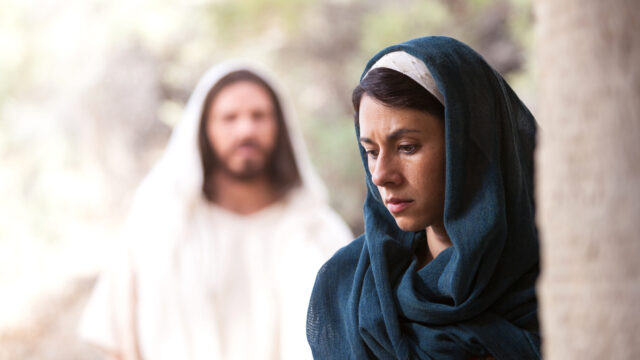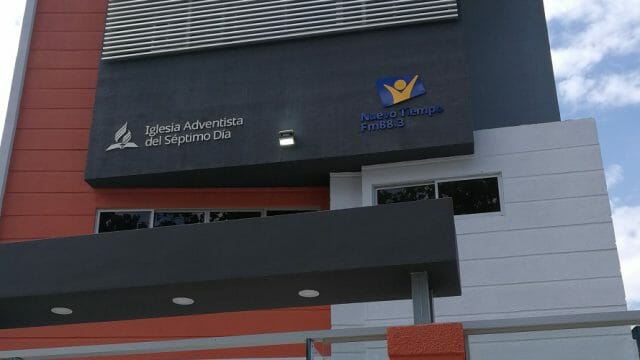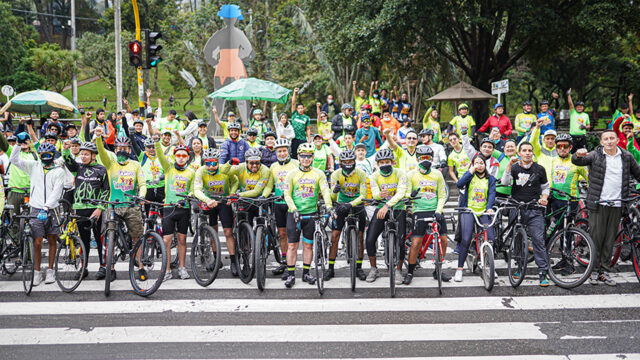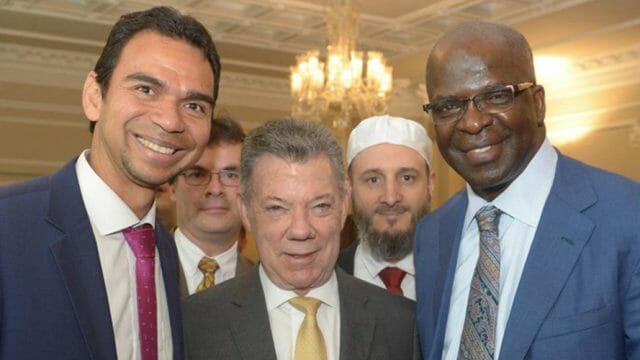Two pastors from different countries share how they keep ministry and mission alive during the pandemic.
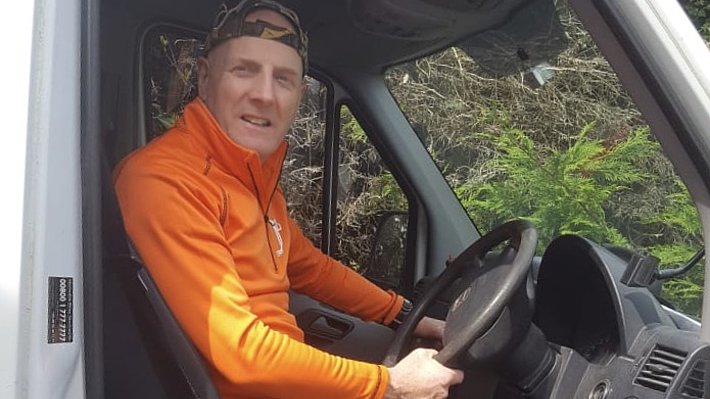
Tony O’Rourke is a Seventh-day Adventist pastor in the west of Ireland. With lockdown, he realized that he could become confined to his home office. A very practical man, O’Rourke found a solution. He owns a van.
“Having the van has opened doors for me to connect with people,” he says. His pastoral role now includes delivering grocery parcels from his local supermarket to isolated customers or dropping off a load of firewood to a family that he knows is struggling financially.
“Who would ever have thought I would enjoy volunteering as a delivery service or that this van of ours would become such an important means for ministry,” he reflects. “I have had numerous opportunities to use the van to help people and then minister to them at their doorstep with prayer and an encouraging word.”
Yes, his life does still involve regular ministry via technology rather than face to face, but, he says, “I might be a ‘locked down’ pastor, but I am not ‘locked out’ of ministry. All around me, I am finding new and innovative ways to practically help my community and be a blessing to those I meet. People, isolated by the pandemic, are struggling with fear and are grateful for spiritual dialogue and prayer.”
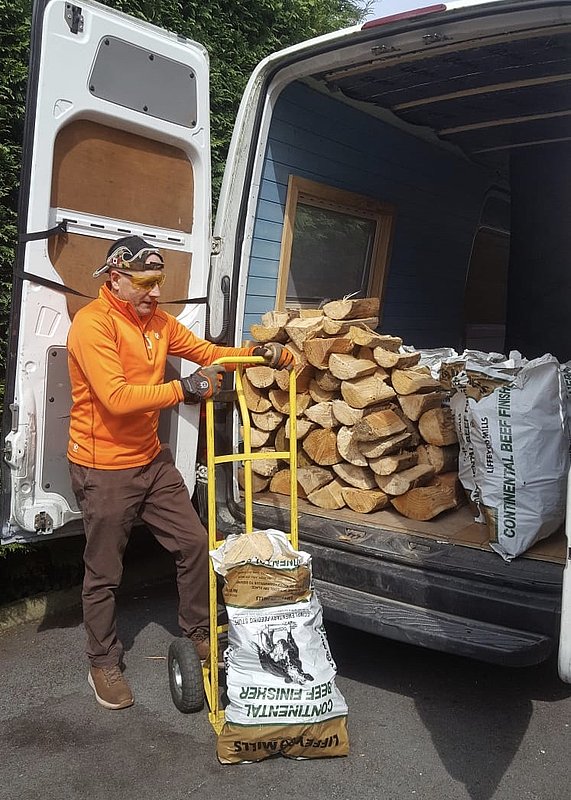
On the other side of Europe, Claudio Gulyas sits in his Athens apartment. He, too, is using technology to continue to serve as a president of the Seventh-day Adventist Church in Greece. He has also discovered that technology can be a personal witness.
Moving to Greece six years ago, Gulyas and his family soon became friends with a family that lives in an apartment block across the street from them. Because both families have children, the connection grew stronger. Their neighbor is a woman who comes from a different faith group but has visited their local Adventist church and even the church campsite from time to time.
“Since we have this lockdown, the communication is limited to SMS, Viber, and phone calls,” Gulyas says. “Very often, we see each other on the balcony and wave, a sign that we are together.”
The togetherness became extra special during the Greek Easter celebrations on Sunday, April 19, 2020. Apart from church, traditional celebrations in Greece include large get-togethers for a meal with family and friends. With lockdown, that could not happen. Families ate by themselves.
“That Easter morning, talking with her on the phone, we decided that both of our families should have lunch outside on the balcony so that we could see each other and have a feeling of being together,” Gulyas says.
When the food was ready, both families sat around their respective tables to eat. “Then,” Gulyas shares, “something unexpected happened! She called me on the phone and asked me to pray for them as well. At that moment, I told her to put her mobile on the table in speaker mode so that everyone seated around the table could hear.… I prayed on the phone, and even though they were across the street on their balcony, it was like we were together at the same table. It was through that prayer on a mobile phone that God filled the gap between us.”
Bridging the gap did not stop there. The neighbor was so moved by what happened that she immediately called one of her friends to share the prayer experience.
The Gulyas family has been on a six-year journey of friendship and gentle witness. Lockdown made it something more.
“We have to be patient with people, to show them God’s love and care, and to allow the Holy Spirit to work in their life so that at one point in life they will be ready and open to moving further on into their journey with God,” Gulyas concludes.
The original version of this story was posted on the Trans-European Division news site.


